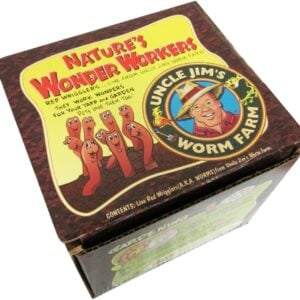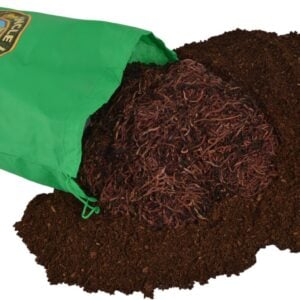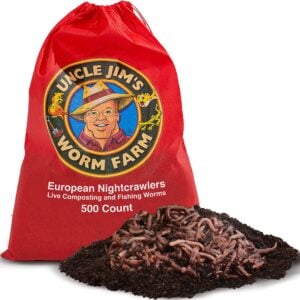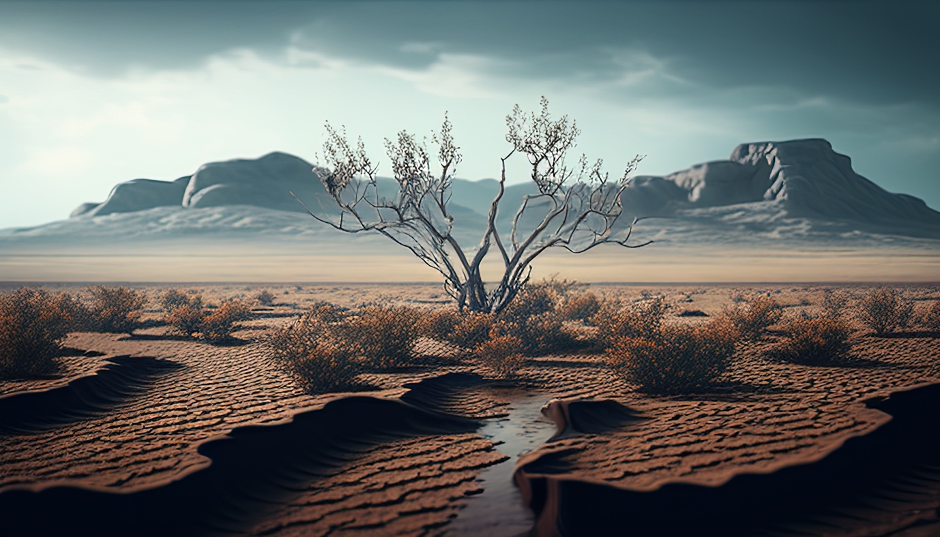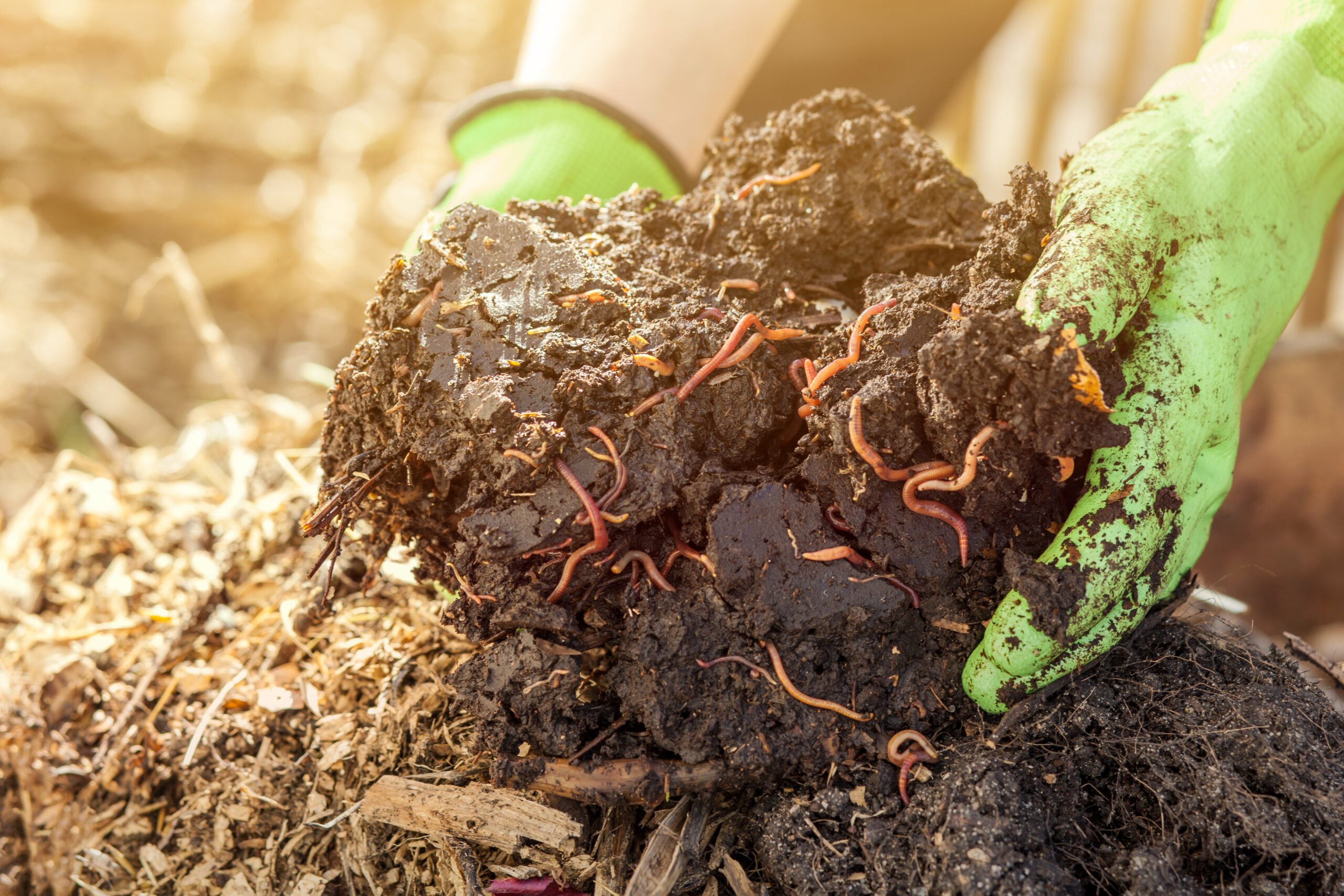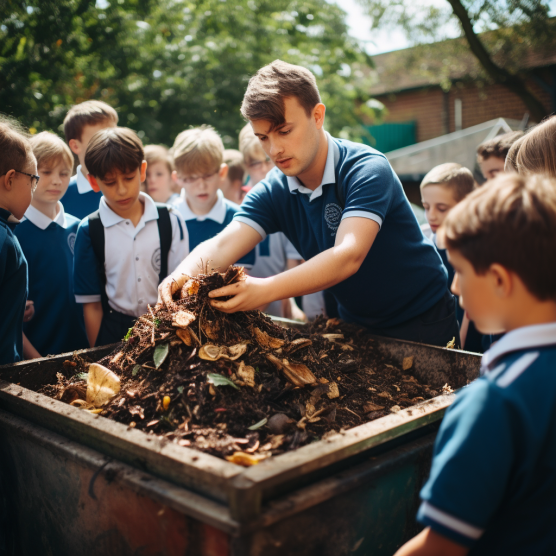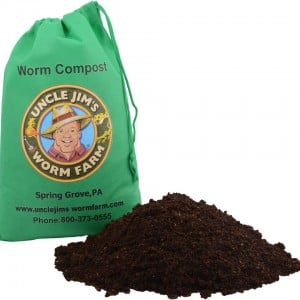
If you use compost in your garden beds, you may not have to use chemical fertilizer at all. Adding synthetic fertilizer if it’s needed can be helpful, but when it’s not needed, it can be bad for your plants and for the environment.
Don’t guess—test to see whether you need fertilizer.
Problems with Synthetic Fertilizer
Using too much fertilizer can actually damage your plants. Fertilizer burn disrupts water uptake by the roots. The damage will show up as brown spots on the leaves.
Too much fertilizer can also damage the environment. Synthetic fertilizer can be washed out of the soil by rain and get into nearby waterways, polluting the water. This stormwater pollution can make beaches unsafe for swimming, threaten the quality of drinking water, kill fish and other wildlife and make fish unsafe to eat.
In addition, the production of nitrogen for synthetic fertilizers uses lots of natural gas, which can contribute to climate change.
Why You Should Test Your Soil
If your soil lacks certain nutrients, using a fertilizer can help it. If your soil doesn’t need fertilizer, adding a fertilizer can make your garden worse.
Soil test kits are inexpensive, fast and easy. You can test for nitrogen (N), phosphorus (P) and potassium (K) with the Rapitest Soil Test Kit here.
The Rapitest also tests for pH levels, telling you whether your soil is acidic or alkaline. The kit includes instructions on how to amend your soil, if needed.
How Compost Helps
Compost provides benefits that synthetic fertilizers do not.
For example, compost is nutrient rich. It releases its nutrients slowly, over several months or years. You can’t overfertilize with compost. And compost contains micronutrients such as iron and manganese that are often absent in synthetic fertilizers
If you do need to add fertilizer, you won’t have to add as much if you also add compost. And compost encourages healthy root systems, which decreases water runoff. That means that less fertilizer runs off.
Compost increases soil’s ability to retain water. A 5 percent increase in organic material in your soil quadruples the water-holding capacity of the soil.

Landfills produce methane, a potent greenhouse gas. Composting reduces the amount of solid waste that might otherwise go to a landfill.
Compost improves the texture of the soil, breaks up clay and supports beneficial insects and microbes. It can even be used as a heavy mulch to reduce weeds in your garden.
Get more tips on composting here.
If you don’t make your own compost, you can buy it here.


